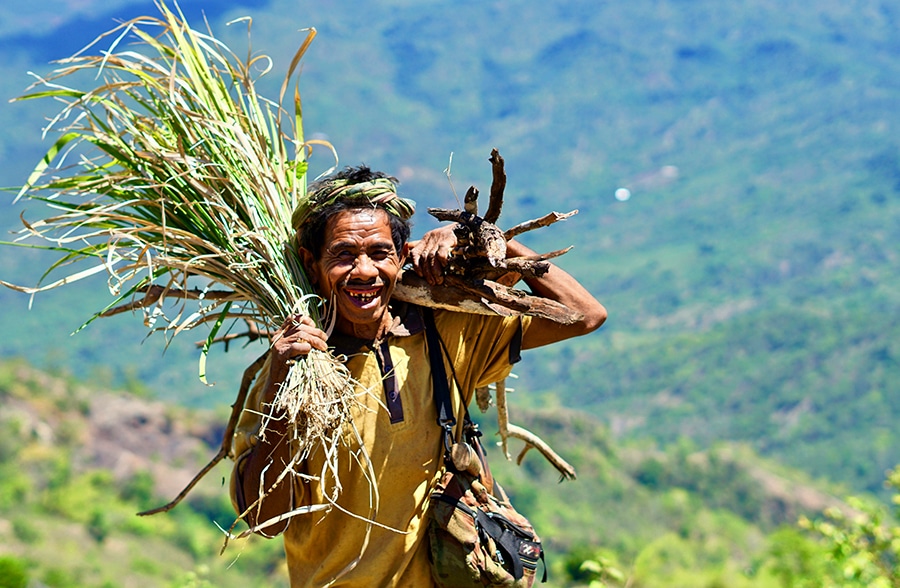Sustainable Agriculture & Rural Livelihoods
Through sustainable agriculture, World Neighbors helps communities develop forms of food production that are economically viable, ecologically sound, socially just and supportive of rural culture.
Sustainable Agriculture is defined by the Food and Agriculture Organization of the United Nations as:
“The management and conservation of the natural resource base, and the orientation of technological change in such a manner as to ensure the attainment of continued satisfaction of human needs for present and future generations. Sustainable agriculture conserves land, water, and plant and animal genetic resources, and is environmentally non-degrading, technically appropriate, economically viable and socially acceptable.”
Through sustainable agriculture, World Neighbors helps communities develop forms of food production that are economically viable, ecologically sound, socially just and supportive of rural culture.
Through locally-determined agricultural experimentation, small-scale farmers in marginal, ecologically-fragile areas learn low-cost resource conservation techniques to preserve biodiversity, regenerate soil fertility, manage water and increase their production while reducing dependence on externally purchased inputs. Farmer experimentation with simple techniques, and farmer-to-farmer sharing of successes, are central to our methodology.
An example of a World Neighbors’ sustainable agriculture program is in Nepal in the Kavre district where World Neighbors has introduced a System of Rice Intensification (SRI) to a small group of farmers. These techniques increase rice production 30-50%, use less water and emit less methane.

Rural Livelihoods
Increasingly, rural people do not depend on agriculture alone to survive, but have diversified livelihood strategies. Recognizing this, World Neighbors supports communities in carrying out holistic analysis of their forms of production, sources of income and expenses, and how they can mobilize their assets, natural resource base, individual knowledge and organizational capacity to improve their well-being.
Strategies include support for savings and credit groups, seed and grain storage banks to buffer against food shortages, processing and marketing of products and income generation through small enterprises.
An example of a World Neighbors’ rural livelihood program was established in the Kisumu district of Kenya where vegetable demonstration plots were created in every village to enhance vegetable production. Training on vegetable production and preservation was offered by World Neighbors staff. Kitchen gardens were established at individual farms to enable farmers’ access to vegetables for consumption and to save by not having to purchase vegetables. A vegetable common interest group was formed to facilitate on-farm marketing of any excess produce. This program not only provides a boost to vegetable consumption, it also offers an extra source of income.
Sustainable Agriculture Resources
Lessons from the Field
Reasons for Resiliency: Toward a Sustainable Recovery after Hurricane Mitch
Discussion Paper by Peter Gubbels
“Can Farmer Organizations Transform Agricultural Research & Extension?: A Critical Appraisal.”
